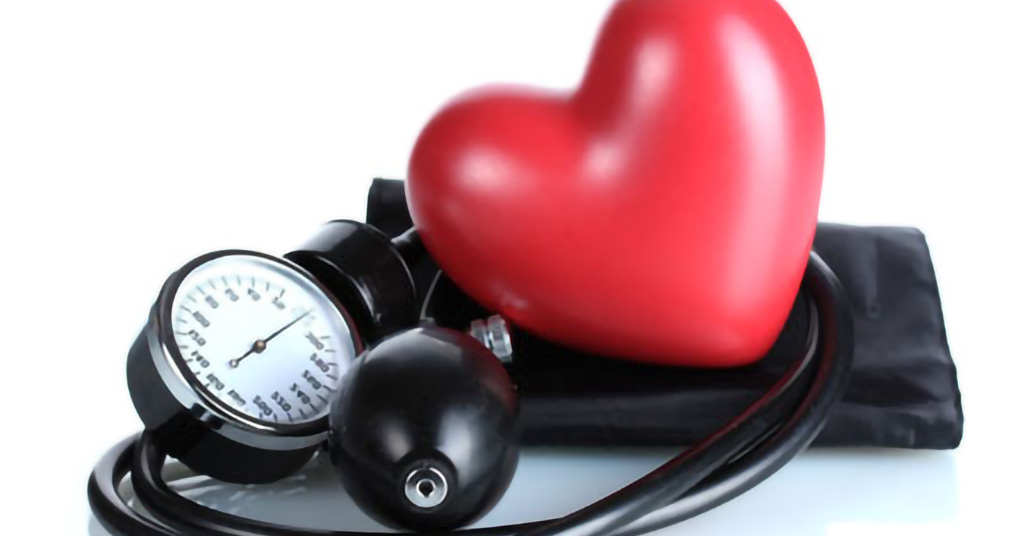
Having a baby is a major life event. Adjustments have to be made to accommodate the new member into the family, and life, as you know it, changes quite dramatically.
Although it is completely natural to experience a range of emotions after giving birth, persistent feelings of sadness, hopelessness and anxiety can point to a more serious problem – and that is postnatal depression.
What is postnatal depression
Postnatal depression is a prolonged and amplified version of the Baby Blues. It can manifest gradually or suddenly, and at any point in the 12 months following baby’s birth.
Most new mums do feel anxious, cry frequently, and have trouble sleeping but only for up to two weeks after delivery. When these feelings of doom and gloom continue, and become more severe, it is usually a sign of postnatal depression (PND).
Postnatal depression symptoms
The symptoms of PND are often difficult to recognise, especially in the first few weeks after the birth. Besides lack of energy, lethargy, mood swings and tiredness, symptoms can become more sinister, and include thoughts of suicide or doing harm to the baby.
If you, or your partner, have one or more of these symptoms, it’s essential to seek medical help right away:
- problems bonding with the baby
- withdrawing from social contact
- loss of appetite
- agitation and irritability
- feelings of hopelessness, sadness and guilt
- difficulty with decision making and focus
- insomnia
- apathy
- suicidal thoughts
- thoughts of hurting the baby.
With proper treatment, and plenty of support from family and friends, most mothers diagnosed with postnatal depression make a full recovery.
How common is postnatal depression?
PND is surprisingly common, not only here in South Africa but right across the world. In the UK, one in every 10 women is diagnosed with PND, a figure that drops marginally, to one in seven, in Australia. In South Africa, up to 40 percent of new mums are affected by the illness.
What is even more surprising is postnatal depression is not isolated to women. New dads are also susceptible to severe, and long-lasting, bouts of depression, following the arrival of a new born.
Treatment for postnatal depression
Treatment for postnatal depression varies according to the severity of the symptoms. Self-help programs, counselling and therapy are common interventions for mild cases of PND.
In more severe cases, anti-depressants, that are safe to take when breastfeeding, are prescribed.
In chronic cases of PND, where there’s a risk mum may harm herself, or the baby, a short period in hospital or a mental health clinic may be required.
Does medical aid cover postnatal depression?
Depression is a Prescribed Minimum Benefit condition covered under Developmental Trauma Disorder (DTD). All medical schemes in South Africa are legally required to pay for up to 21 days of hospital-based treatment, or 15 therapy sessions, per patient per year.
Thereafter, benefits are dependent upon the subscribed level of cover. The more expensive medical aid options cover the cost of hospital-based treatment at network or private hospitals, up to a set limit. Prescribed medications are also paid from an extended chronic condition benefit.
As a rule, depression is not a Chronic Disease List condition on entry-level and mid-level medical aid plans. As a result, most consumers of medical aid have to cover the cost of anti-depressants, and other types of medication prescribed for anxiety or depression, from their own pocket.
Best medical aids for postnatal depression
Although most medical aid schemes provide similar benefits for people suffering from depression, Discovery Health has a dedicated Mental Health Care Program.
The program runs for six months, and is designed to promote and co-ordinate treatments to deliver the best possible outcomes.
Members have to meet qualifying criteria to be admitted to the program. Benefits, which are supplementary to the option-specific cover for depression, include cover for:
- three GP consultations
- anti-depressant medication
- an initial psychotherapy session.
Bonitas is another scheme that has a Mental Health Program exclusive to the BonComprehensive, Classic, Standard and Standard Select options. It is designed to provide dedicated support, treatment and care for people diagnosed with anxiety and depression.
Are you suffering from postnatal depression, and do you need the best possible medical cover? At IFC, we offer informed, objective advice about South African medical aid schemes, and can assist you in joining the scheme that best suits your needs and budget. Contact us for more information or to discuss your needs.



